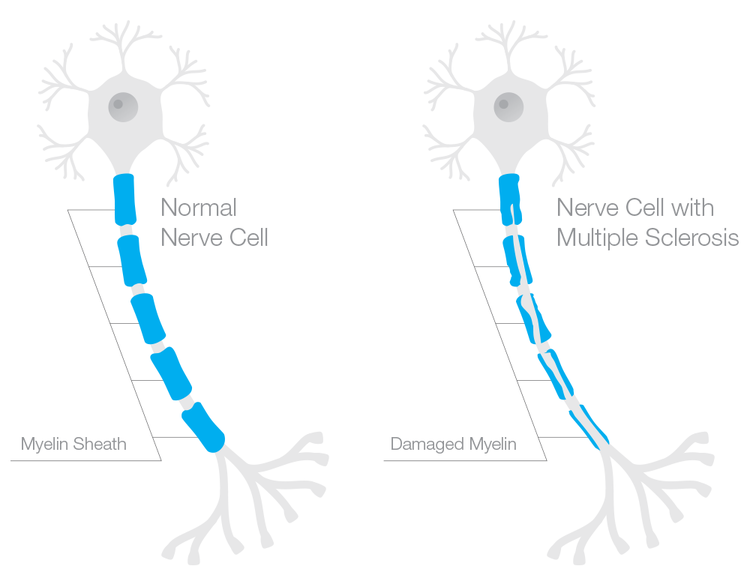A new drug discovery company in Scotland wants to develop novel treatments for multiple sclerosis (MS).
Pheno Therapeutics, a spin-out from the University of Edinburgh, has received a £5m ($6.5m) Series A funding round to research treatments that may be capable of repairing damage to the nervous system and reversing patients’ debilitating symptoms.
The company will use this funding to develop novel neuroprotective agents — drugs capable of halting the progression of MS, and reducing or preventing damage to the brain and spinal cord that cause long-term disability.
London-based venture capital firm Advent Life Sciences, the government-backed Scottish Investment Bank (SIB), and independent medical research charity LifeArc have agreed to invest this money over a three-year period — if the company meets certain milestone conditions.
Pheno Therapeutics was founded by Professors Siddharthan Chandran and Neil Carragher, who will attempt to build on their research at the University of Edinburgh to discover new drug candidates for MS.
Prof Chandran said: “There are no interventions for people with later-stage multiple sclerosis, which is a devastating and debilitating condition.
“The opportunity for this company is to bring new and re-purposed therapeutics to clinical trials and, by doing so, meet an urgent and currently unmet need.”
What is multiple sclerosis?
MS is a debilitating neurological condition that targets the human nervous system — including the brain and spinal cord.
It occurs when the body’s immune system attacks the myelin sheath — a protective layer surrounding nerve cells. This can slow or disrupt the electrical signals travelling along the nerves.

The disease causes a wide range of symptoms including problems with movement, vision, sensation and balance.
It affects more than 100,000 people in the UK and 2.5 million worldwide.
How Pheno Therapeutics will develop new multiple sclerosis treatments
Current MS treatments typically focus on the immune system aspect of the disease, and attempt to reduce the severity and frequency of relapses.
But Pheno Therapeutics will aim to develop new MS therapies by identifying molecules that cause the body to repair or replace the damaged myelin sheath surrounding nerve cells.
This process — which is known as remyelination — has the potential to slow or arrest the progressive disability caused by the disease.

Pheno Therapeutics will use the University of Edinburgh’s advanced cell-based technology platform to discover new drug candidates for MS.
This platform enables the screening of large compound libraries on novel human cellular platforms, and will help to bring together the founders’ and investors’ drug discovery expertise in one place.
Pheno Therapeutics also intends to optimise the leads emerging from its cutting edge phenotypic screens via medicinal chemistry to deliver new candidate compounds that will progress through pre-clinical and proof-of-concept clinical trials.






